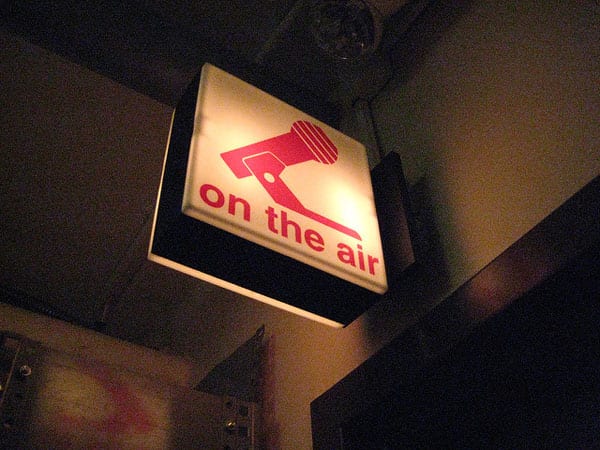
October 15, 2018; Arkansas Business
There can be no doubt that making a nonprofit news organization work financially is no easy task. The right revenue mix is hard to achieve and must be constructed patiently over time, so the organization is able to grow and weather problems. For these organizations, as with other nonprofits, overdependence on a single source is a mistake without a healthy plan to balance it. Further, if you are a news organization, it’s tempting to spend more time on news than finances, and that causes problems. Recently, such sites have added to their already full plates the job of collaborating to increase the value of the news to the community, and that adds another layer of fundraising. In the context of all of that, this story is a reminder of how fragile the system still is.
Arkansas Public Media (APM) is an award-winning, non-partisan, noncommercial, statewide journalism collaboration established in 2016 by five state public stations with a two-year, $277,300 grant from the Corporation for Public Broadcasting (CPB). That funding ended in September. APM just learned this crucial funding would not be renewed.
“When we asked for the grant extension, they said they’d get back to us by a certain date, but then they didn’t call, I understand,” Ampezzan said. “They wouldn’t even return our calls.”
Arkansas Public Media’s failure to thrive as a fully funded statewide nonprofit news collaboration—it continues in downsized form—illustrates the struggle public media outlets face in asking users, listeners and underwriters to pay for news, said Ampezzan, a former writer and editor at the Arkansas Democrat-Gazette.
Over its first two years, APM filed 226 news stories and a feature-length documentary. APM’s headquarters are located at KUAR, the National Public Radio affiliate at the University of Arkansas at Little Rock (UALR). The other partnership members are KUAF in Fayetteville, KASU-91.9 FM Jonesboro, KTXK-91.5 FM Texarkana, and AETN (Arkansas Educational Television Network) public television (Conway). Additional content partners include El Latino, the Anderson Institute for Race and Ethnicity at UALR, and The Butler Center for Arkansas Studies.
The NPR ethics handbook guides APM. Underwriting is governed by rules set by the Federal Communications Commission (FCC), which requires that all underwriters be identified on air; underwriting announcements are statements of support, not promotion.
Sign up for our free newsletters
Subscribe to NPQ's newsletters to have our top stories delivered directly to your inbox.
By signing up, you agree to our privacy policy and terms of use, and to receive messages from NPQ and our partners.
APM’s initial two-year budget was $556,582, with CPB providing half. APM’s managing editor, partner manager and one of the two full-time reporting positions were eliminated on October 1st. APM remains online and on the air. Its underwriting agreements are still in force for a few more months, and APM has $8,500 remaining to finance freelance work. Some new grant applications are pending, but APM’s remaining staff may not be able to sustain the collaboration without more financial support from its listeners and especially from its five members.
“At a meeting earlier this year of the contributing stations and AETN, everybody wanted to continue,” Ampezzan said. “But when the question was what would your funding commitment be to the project, the answer was zero. Everybody was positive in the way you stay positive in the nonprofit world, but when it came down to actual skin in the game, the dollar commitment was zero.”
Arkansas Business also reports on the success of the Arkansas Nonprofit News Network (ANNN), a newspaper partnership whose members operate on an opportunistic, less structured budget enhanced by NewsMatch funds:
“Our project was designed intentionally to grow or shrink as needed, as time allowed for everybody involved,” Millar told Arkansas Business. “I set it up to let people work on a project basis, with no overhead or staff. I work from here at Arkansas Times, and I donate my time to ANNN. We either get the money to do journalism or we don’t.”
The article discusses the fundraising challenges of partnering with National Public Radio, and the calls in general for public and nonprofit organizations to fill the widening local news gap. These are subjects regularly examined by NPQ, such as the public media collaboration in Vermont, emergent local news funding resources (and here), as well as the vagaries of funding, such as when Connecticut’s longtime 24-hour cable TV government-access television (GATV) network was cut from the state budget.
Public media is increasingly filling the gap left behind by the decline of the traditional local news media business models, made all the more necessary by the increasing polarization of cable news. But instead of statewide media collaborations going it alone, these imperative initiatives would benefit from a shared national system of supports, standards, and content exchange.—Jim Schaffer













